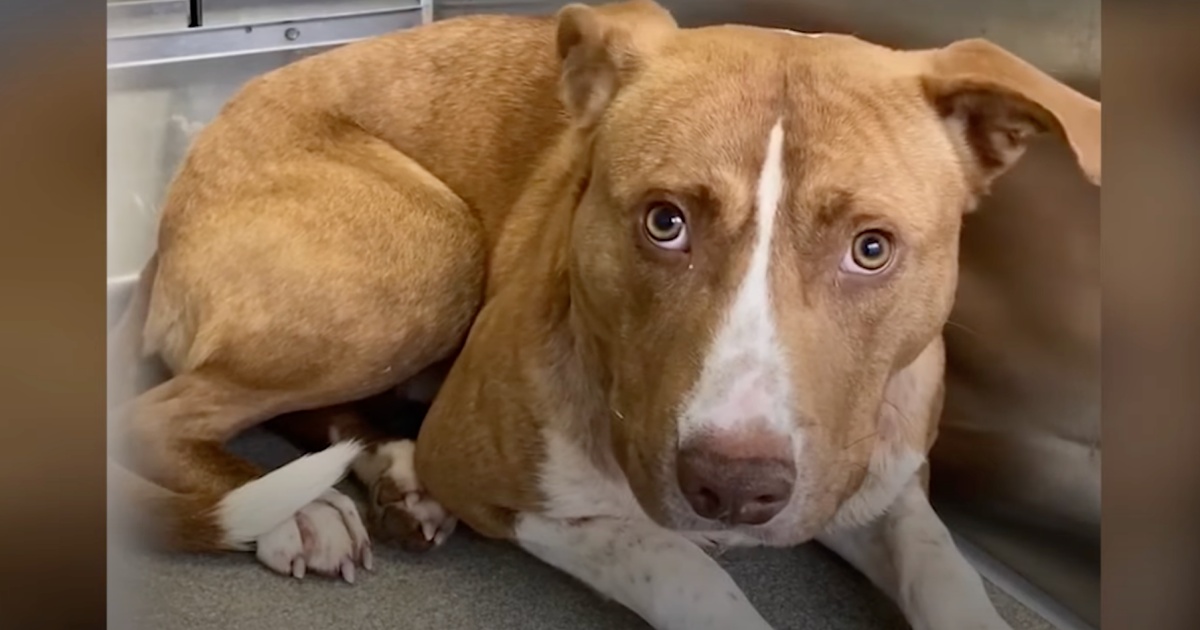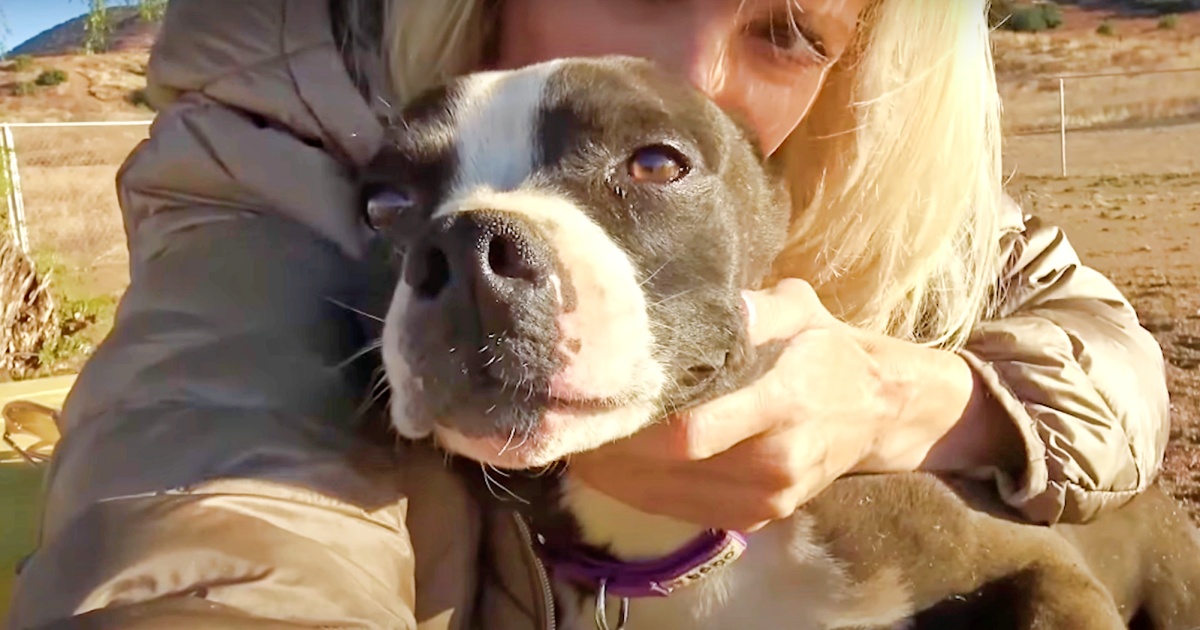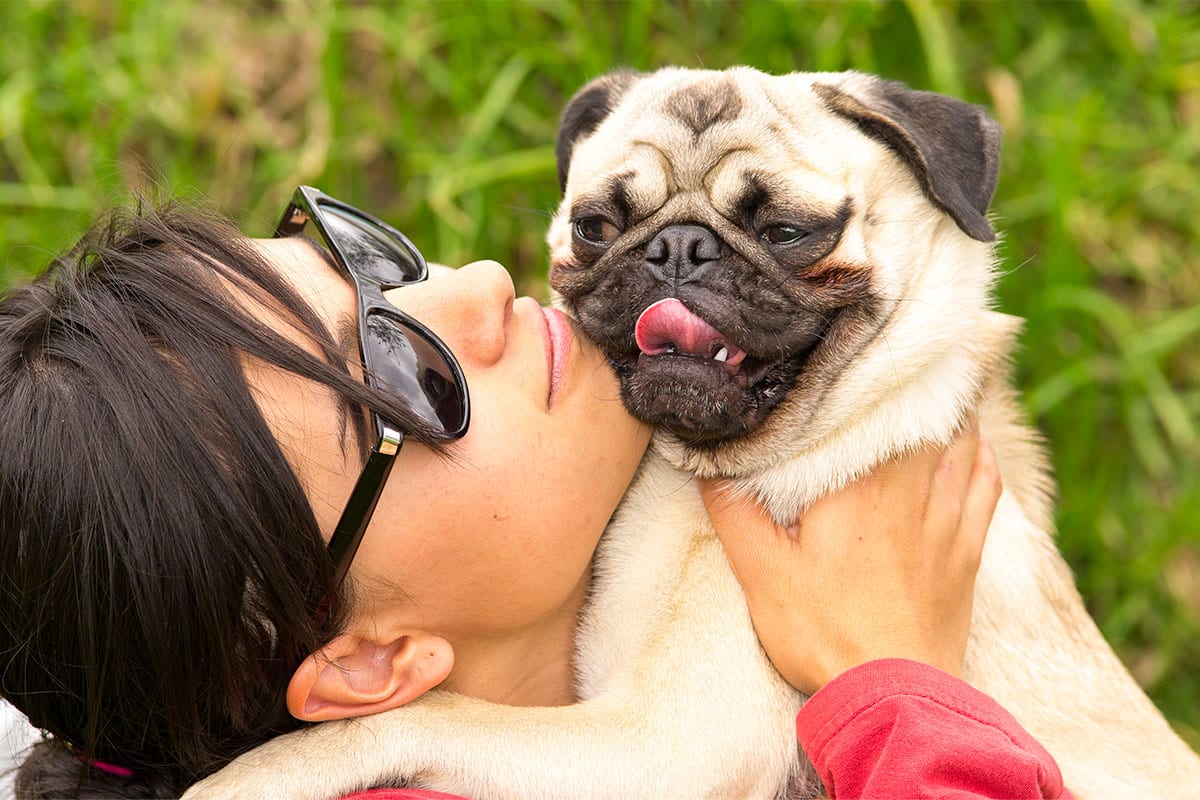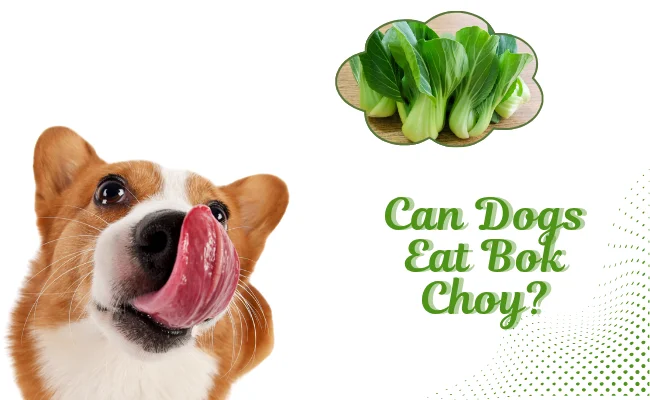Sweet potatoes are super healthy for people. They have lots of fiber, vitamins, and good stuff that keep us strong. But can dogs eat sweet potatoes too? Yes, they can! Vets say sweet potatoes are safe for dogs when you cook them right.
These orange veggies are great for your pup. They have fiber that helps their tummy work well. They also have vitamins that make their eyes bright and coat shiny. Many dog foods already use sweet potatoes because they’re so good for dogs.
But you need to be careful. Raw sweet potatoes can hurt your dog. Some ways of cooking them are bad too. You can’t add butter, salt, or sugar. These things make dogs sick.
Want to know all the amazing ways sweet potatoes help your dog? Keep reading. We’ll show you 7 great benefits and how to serve them safely.
What do sweet potatoes contain?
 sweet potatoes
sweet potatoesSweet potatoes are super healthy for your dog! They have lots of beta-carotene that turns into vitamin A. This keeps your dog’s eyes bright and coat shiny. Sweet potatoes also give your pup fiber for good digestion. They have potassium for a strong heart and vitamin B6 for energy. These orange treats have vitamin C to fight germs too. Sweet potatoes give steady energy without making blood sugar spike. They’re low in fat but packed with good carbs. Many quality dog foods use sweet potatoes because they’re so nutritious for our furry friends.
Sweet Potato Nutritional Content (Per 100g)
| Calories | 86 kcal |
| Carbohydrates | 20.1 g |
| Dietary Fiber | 3.0 g |
| Sugars | 4.2 g |
| Protein | 1.6 g |
| Fat | 0.1 g |
| Vitamin A (as beta-carotene) | 14,187 IU (713% DV) |
| Vitamin C | 2.4 mg (4% DV) |
| Vitamin B6 | 0.2 mg (10% DV) |
| Potassium | 337 mg (10% DV) |
| Iron | 0.6 mg (3% DV) |
DV = Daily Value based on a 2,000 calorie human diet
Can Dogs Eat Sweet Potatos?
Short Answer: Yes! Dogs can eat sweet potatoes. They must be cooked and plain.
Why Sweet Potatoes Are Great:
Sweet potatoes are super healthy for your pup. They have lots of good stuff inside. Your dog gets fiber for a happy tummy. They also get vitamins for bright eyes and shiny fur.
These orange treats have beta-carotene. This turns into vitamin A in your dog’s body. It keeps their eyes healthy. It also makes their coat look great.
Sweet potatoes have potassium too. This helps your dog’s heart stay strong. They also have vitamin C to fight germs. Plus vitamin B6 gives your pup energy.
Are Sweet Potatoes Good for Dogs?
Yes! Sweet potatoes are really good for dogs when you give them the right way. They make great healthy treats that your pup will love.
Here’s why sweet potatoes are so great for your furry friend:
1. High in Fiber for Happy Tummies
Sweet potatoes have lots of fiber. This helps your dog’s stomach work well. Fiber makes digestion smooth and easy. It helps prevent tummy troubles too. Your dog’s bathroom habits will stay regular and healthy.
2. Packed with Beta-Carotene
These orange veggies are full of beta-carotene. Your dog’s body turns this into vitamin A. This vitamin keeps your pup’s eyes bright and healthy. It also makes their coat shiny and beautiful. Plus, it helps their immune system stay strong.
3. Full of Important Vitamins
Sweet potatoes have vitamin C to fight off germs. They also have vitamin B6 that gives your dog energy. These vitamins work together to keep your pup feeling great every day.
4. Great Source of Minerals
Your dog gets potassium from sweet potatoes. This keeps their heart beating strong. They also get iron for healthy blood. Manganese helps their bones stay tough. All these minerals work as a team to keep your dog healthy.
5. Natural Antioxidants
Sweet potatoes have special compounds called antioxidants. Think of these as tiny shields that protect your dog’s cells. They help fight off damage that could make your pet sick. This keeps your furry friend healthy as they get older.
6. Steady Energy Source
Unlike sugary treats, sweet potatoes give slow, steady energy. They won’t make your dog’s blood sugar spike up and down. This makes them safer for dogs with diabetes too. The energy lasts longer and feels better.
What the Experts Say:
According to Dr. Rachel Barrack from Animal Acupuncture in New York City, “The health benefits are the same for canines as they are for people. Veterinary nutritionist Karina Carbo-Johnson from Purina adds, “Sweet potatoes are a great treat for dogs. Not only are they low calorie, but they contain fiber and vitamins B6 and C”.
Remember: Sweet potatoes should be treats, not meals. Give them in small amounts. Always cook them plain with no butter, salt, or sugar. Start with tiny pieces to see how your dog likes them. Most dogs love the sweet taste and get great nutrition too!
Risks, Precautions, and When to Avoid
Sweet potatoes can be a healthy treat for your dog, but you should always take some important precautions to keep your pup safe.
1. Raw Sweet Potatoes Are Dangerous
Never give your dog raw sweet potatoes. Raw pieces are hard to chew and tough to digest. They can cause choking, stomach upset, or even blockages in the gut. Always cook sweet potatoes until soft before serving, and mash or cut into small bites to avoid choking.
2. Portion Control Matters
Sweet potatoes should be a snack, not a meal. A small dog only needs a spoonful, and a larger dog can have a few spoonfuls. Don’t let sweet potatoes make up more than 10% of your dog’s daily calories. Start with a small amount and see how your dog responds.
3. Special Considerations for Health Conditions
If your dog has diabetes, is overweight, or needs special weight management, talk to your vet first. Sweet potatoes contain natural sugars and carbohydrates that can affect blood sugar levels and weight. It’s best to consult a veterinarian before adding sweet potatoes to a diabetic dog’s diet.
4. Allergy Alert
Most dogs love sweet potatoes, but some can be allergic. Look out for signs like itching, rashes, ear irritation, stomach upset, or unusual behavior after feeding. If you spot any of these, stop giving sweet potatoes and call your vet.
5. The FDA Investigation Context
Recently, the FDA looked into reports of heart disease (DCM) in dogs that ate diets heavy in peas, lentils, and sometimes potatoes or sweet potatoes. Sweet potatoes appear less risky than legumes, but it’s smart to only offer them as a treat within a balanced diet, not as a main ingredient.
6. Sweet Potato Plant Parts Are Toxic
Only feed your dog the sweet potato itself—the tuber. Never offer the vines, stems, or leaves. These parts have toxic compounds that can harm your dog. Always choose store-bought sweet potatoes and avoid any part grown in the garden except the edible root.
By keeping these tips in mind, you can safely give your dog sweet potatoes as a special treat while avoiding any unwanted health risks.
How to Prepare and Serve Safely
Preparing sweet potatoes safely for your dog is simple when you follow these steps:
Step 1: Choose Plain Sweet Potatoes
Buy regular sweet potatoes from the grocery store. Avoid candied yams, sweet potato casseroles, or anything with added sugars, spices, or toppings.
Step 2: Wash and Peel
Thoroughly wash the sweet potato and peel the skin. While the skin isn’t toxic, it can be tough to digest and may pose a choking risk for smaller dogs.
Step 3: Cook Thoroughly
You have several cooking options:
- Baking: Cut into chunks and bake at 400°F until soft (about 25-30 minutes)
- Boiling: Dice and boil in plain water until tender (15-20 minutes)
- Steaming: Steam pieces until easily mashed with a fork (20-25 minutes)
Step 4: Cool and Cut
Let the cooked sweet potato cool completely. Cut into bite-sized pieces appropriate for your dog’s size. For small dogs, dice into pea-sized pieces. Large dogs can handle bigger chunks.
Step 5: Serve Plain
Never add butter, salt, sugar, cinnamon, marshmallows, or any seasonings. Dogs should only eat plain, cooked sweet potato. What tastes good to us can be harmful to them.
Storage Tips
Cooked sweet potato pieces can be stored in the refrigerator for up to 4 days or frozen for up to 6 months. This makes it easy to have healthy treats ready to go.
How Much Sweet Potato Can Dogs Eat?
Sweet potatoes make a great treat, but like all snacks, you need to keep portions small. Here’s what you need to know about serving sizes.
The 10% Rule
All treats combined should only make up 10% of your dog’s daily calories. This includes sweet potatoes, other veggies, and any store-bought treats. The other 90% should come from a well-balanced dog food that meets all their nutritional needs.
Start Small
When you first give your dog sweet potato, start with just a tiny amount. Any new food can upset your pup’s tummy. Watch how they react before giving them a full serving. Some dogs love sweet potatoes right away, while others need time to adjust.
Safe Serving Sizes by Dog Weight
Here’s how much cooked, plain sweet potato is safe for dogs:
- Extra-small dogs (2-10 pounds): 1 tablespoon, 2-3 times per week
- Small dogs (11-20 pounds): 1-2 tablespoons, 2-3 times per week
- Medium dogs (21-50 pounds): 2-3 tablespoons, 2-3 times per week
- Large dogs (51-90 pounds): 3 tablespoons, 2-3 times per week
- Extra-large dogs (91+ pounds): 4 tablespoons, 2-3 times per week
Remember These Are Just Guidelines
Every dog is different. A very active dog might handle slightly more, while a couch potato might need less. Dogs with health issues like diabetes or weight problems need special attention. Always check with your vet before making big changes to your dog’s diet.
Watch for Tummy Trouble
If your dog gets diarrhea, throws up, or seems uncomfortable after eating sweet potato, you gave too much. Cut back on the amount next time. Some dogs have more sensitive stomachs than others.
Make It Fun
You can serve sweet potato in different ways. Mash it up and mix it into their regular food. Stuff it in a puzzle toy to keep them busy. Freeze small pieces for a cool summer treat. Just remember to keep it plain – no butter, salt, or sugar!
The key is moderation. Sweet potatoes are healthy, but they’re not a complete meal. Think of them as a special treat that adds nutrition and variety to your dog’s diet.
Vet Review and Final Thoughts
This information has been reviewed by veterinary professionals and is based on current research from authoritative sources including the American Kennel Club, PetMD, and FDA guidelines. However, every dog is unique, and what works for one might not work for another.
Before adding sweet potatoes to your dog’s regular routine, especially if they have health conditions like diabetes, allergies, or weight issues, consult with your veterinarian. They can provide personalized advice based on your dog’s specific needs, size, and health status.
Sweet potatoes can be a wonderful, nutritious treat when prepared safely and fed in moderation. By following these guidelines, you can confidently share this healthy snack with your four-legged family member while keeping their safety and health as the top priority.
Remember: when in doubt, ask your vet. They’re your best resource for keeping your dog happy, healthy, and well-fed with appropriate treats that complement their regular diet.
FAQs.
Can dogs eat raw sweet potatoes?
No, absolutely not. Raw sweet potatoes are hard to digest and can cause choking, intestinal blockages, or stomach upset. Always cook them until soft.
How much sweet potato can a dog have?
Sweet potato treats should stay under 10% of your dog’s daily calories. For a 20-pound dog, that’s roughly 1-2 tablespoons of mashed sweet potato. Start with less and adjust based on your dog’s size and reaction.
Are sweet potato skins OK for dogs?
It’s best to remove the skin. While not toxic, sweet potato skins can be tough to chew and digest, especially for smaller dogs. Peeled, cooked sweet potato is the safest option.
Are sweet potatoes OK for diabetic dogs?
Only with veterinary approval and careful monitoring. Sweet potatoes can affect blood sugar levels, so diabetic dogs need professional guidance on portion sizes and timing.
Can puppies have sweet potato?
Puppies can have very small amounts of plain, cooked sweet potato, but their developing digestive systems are more sensitive. Always check with your vet first and introduce any new food very gradually.
What if my dog ate sweet potato fries?
A small amount probably won’t cause serious harm, but watch for stomach upset. The oils, salt, and seasonings in fries aren’t good for dogs. Offer fresh water and monitor for vomiting or diarrhea. Call your vet if symptoms develop.



















 English (US) ·
English (US) ·